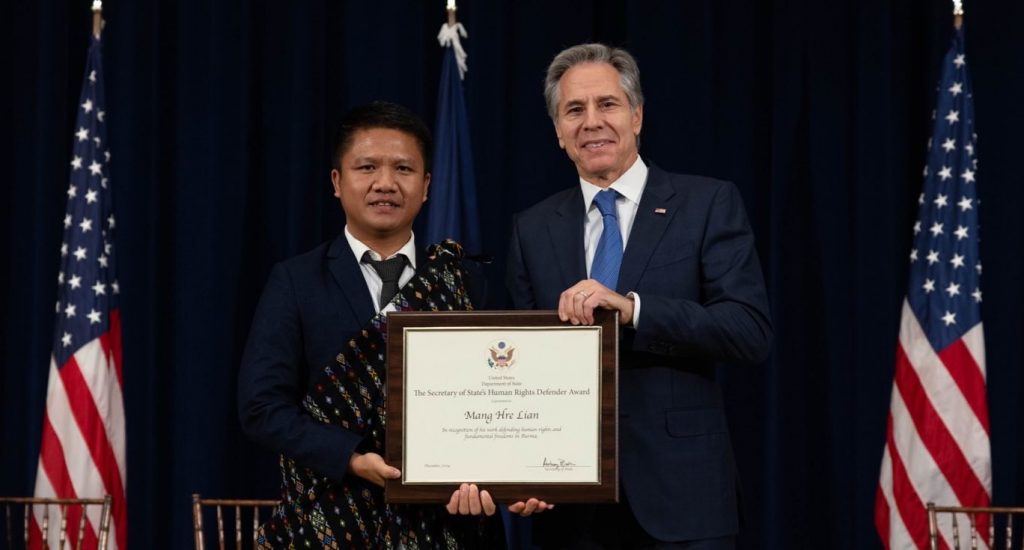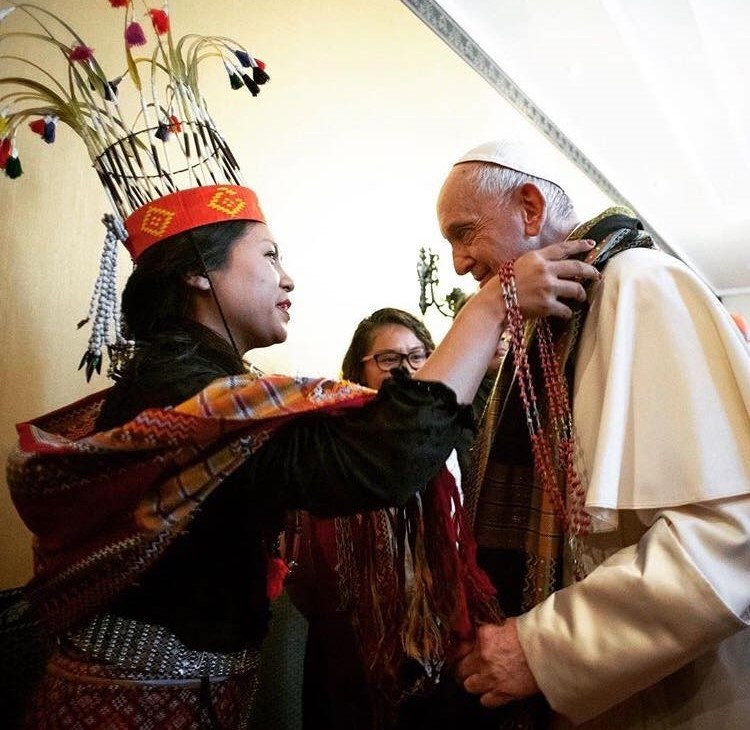
For 30 years, the Chin Human Rights Organization (CHRO) has been at the forefront of promoting human rights, transforming lives, and making lasting impacts. CHRO’s journey is best understood through three significant decades of achievement, each representing critical milestones in the organization’s evolution.
CHRO’s strategic vision, adaptability to changing contexts, and creative approach to driving change under difficult circumstances have been the foundation of its remarkable success over the past 30 years. By focusing on long-term goals aimed at structural change and remaining rooted in core values and principles of international human rights, CHRO has consistently overcome challenges to achieve lasting impact. Whether advocating for refugee protection, advancing religious freedom, or ensuring accountability for human rights abuses, CHRO’s commitment to justice and resilience has positioned it as a transformative force for the Chin people and beyond.
The First Decade (1995-2005):
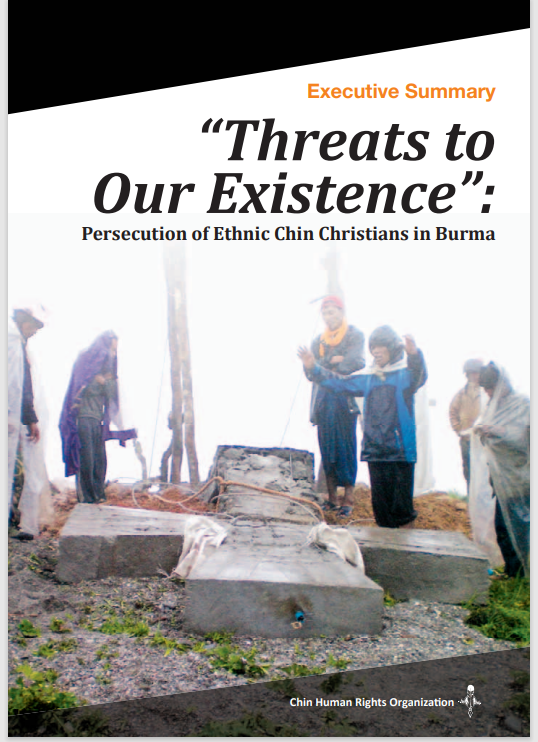
CHRO was established at a time when Chin State was facing rapid militarization by the Myanmar Army, which increased its presence by establishing over 50 new army camps across the state. This military expansion brought with it widespread human rights abuses, including forced labor, arbitrary arrests, and extrajudicial killings. A brutal campaign of religious persecution also ensued, with the Burmese authorities specifically targeting Chin Christians. Buddhist pagodas and temples were erected across Chin State under the Hill Buddhist Mission, while giant crosses, symbolic of Chin Christian identity, were systematically destroyed on hilltops near villages and towns. These crosses had been sacred landmarks for Chin Christians, and their destruction was a direct attack on the community’s faith and cultural identity.
In addition, children were forcibly assimilated into state-sponsored programs, lured into residential schools run by the Ministry of Border Affairs, further eroding Chin cultural and religious identity. CHRO’s groundbreaking efforts to expose these state-sponsored acts of persecution and ethnic assimilation gained international attention by the late 1990s. As a result, for the first time in 1999, the U.S. State Department designated Burma as a “Country of Particular Concern” (CPC) in its Annual Report on International Religious Freedom. This recognition marked a pivotal victory for CHRO and laid the foundation for its advocacy in the years to come.
The Second Decade (2005-2015):
During this period, CHRO’s focus shifted to addressing a severe humanitarian crisis. The region experienced a 50-year cycle of bamboo flowering, triggering rat infestations that decimated crops, leading to a famine-like food crisis. CHRO’s intervention was instrumental in bringing attention to this crisis and mobilizing much-needed aid.
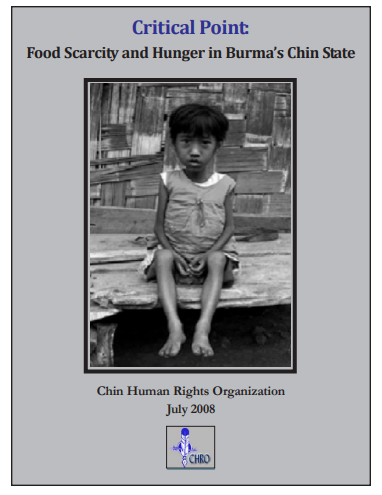
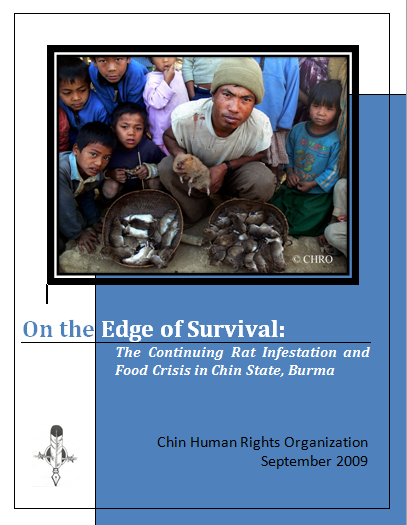
At the same time, CHRO played a pivotal role in advocating for Chin refugees. In the late 2000s, CHRO helped secure a waiver from U.S. Secretary of State Condoleezza Rice against restrictive U.S. Patriot Act provisions, allowing thousands of Chin refugees to resettle in the U.S. This waiver not only benefited the Chin community but also other ethnic groups from Burma. CHRO’s advocacy redefined the narrative surrounding ethnic armed revolutionary organizations, securing their designation as freedom fighters rather than terrorists under the U.S. Patriot Act. In 2015, CHRO again stepped up in the face of disaster, coordinating relief efforts during unprecedented flooding and landslides in Chin State by helping to establish the Chin Committee for Emergency Relief and Response (CCERR), ensuring swift and effective aid delivery.
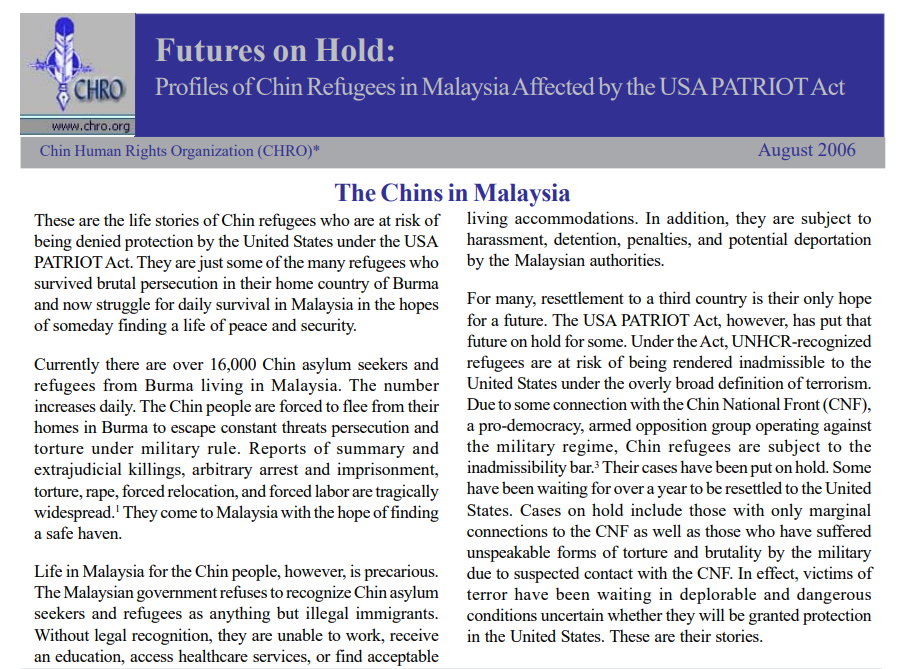
In 2012, the Chin Human Rights Organization (CHRO) became the first independent observer to participate in the bilateral peace negotiations between the Chin National Front (CNF) and the semi-civilian government under President U Thein Sein. CHRO played a pivotal role in convincing both parties to incorporate critical human rights protection provisions into the bilateral agreement. These provisions included the establishment of an independent and impartial subnational human rights institution and the protection of religious freedom at the Chin State level.
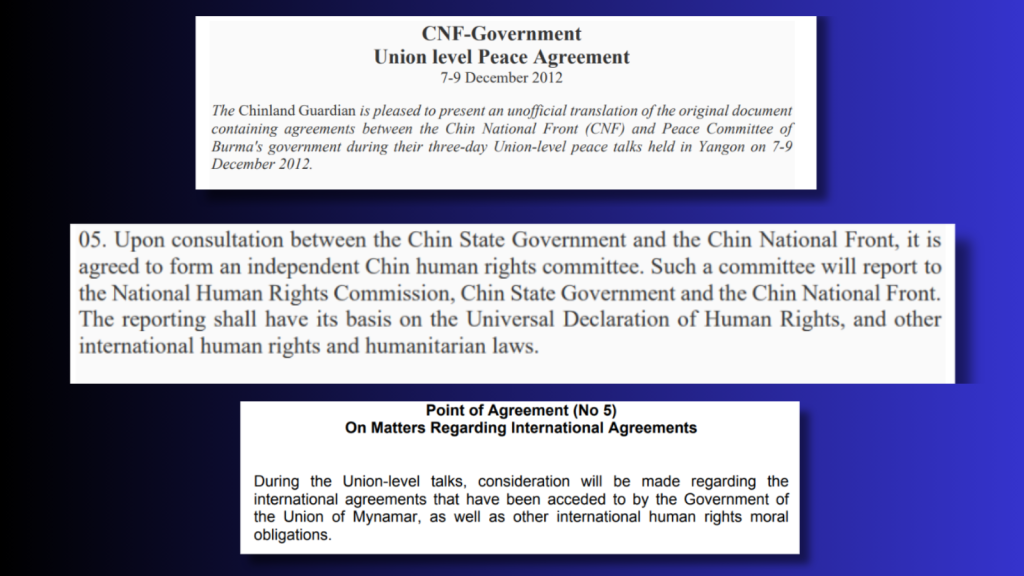
The following year, after extensive consultations with newly elected cross-party Chin parliamentarians, religious leaders, student groups, and civil society organizations, CHRO strategically decided to move its operations inside Myanmar. This shift allowed the organization to focus on two thematic areas: the promotion of indigenous peoples’ rights and the protection of freedom of religion or belief.
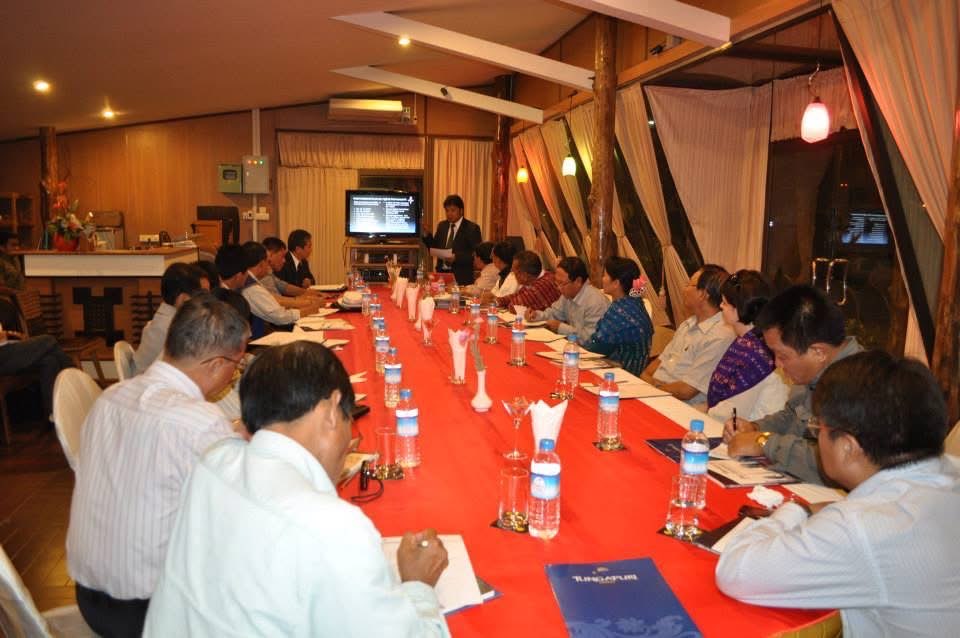
Briefing & Consultation with Cross-Party Chin Parliamentarians in Nay Pyi Taw, 2013 as part of a wider cross-section consultations with Chin stakeholders that led to the strategic decision to relocate operations inside Myanmar/Burma
In recognition of its leadership, CHRO’s Executive Director was honored with the NGO Excellence Leadership Award at the World Marketing Summit in Malaysia that same year. Throughout this period, CHRO remained actively engaged in the ongoing peace process, providing technical expertise and leadership in the Social Sector aspect of the negotiations, particularly in developing a human rights protection framework.
This significant involvement underscores CHRO’s critical contributions to advancing human rights and supporting peaceful dialogue in Myanmar, marking an impactful achievement during the organization’s second decade of existence.
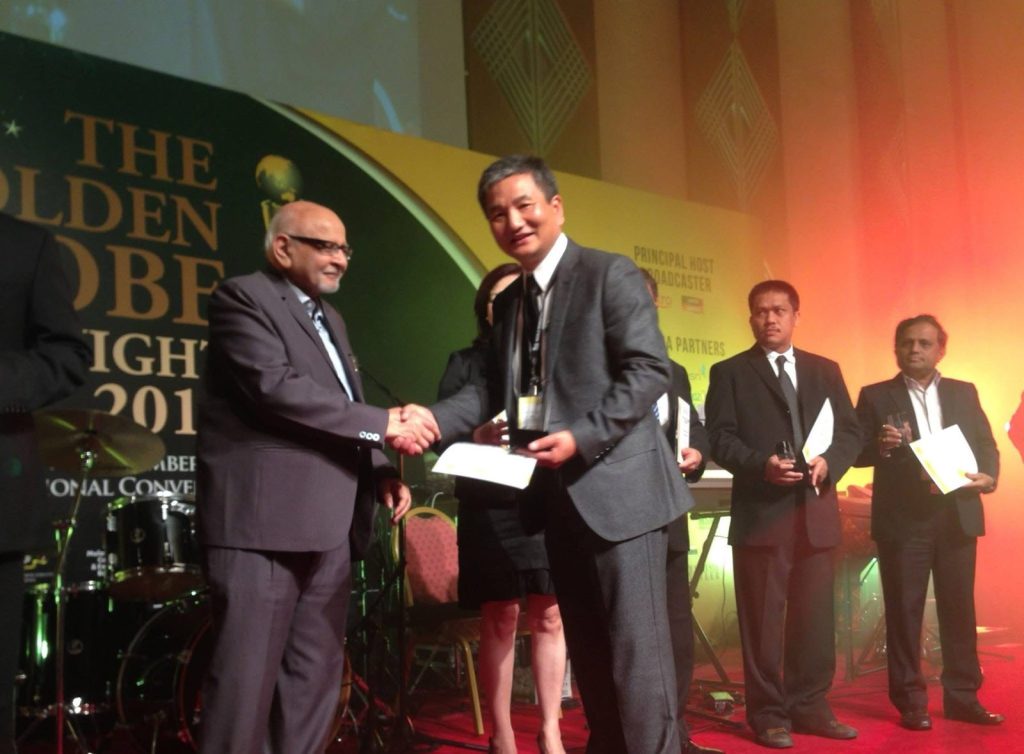
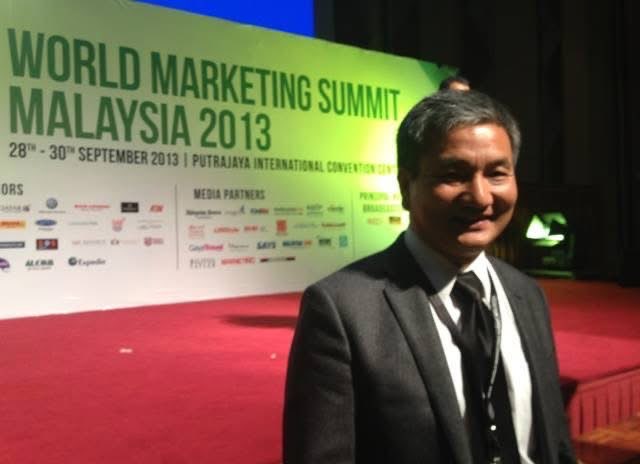
The Third Decade (2015-2025):
The third decade showcased CHRO’s adaptability and strategic vision as it navigated the evolving political landscape of Myanmar. With the emergence of a semi-civilian government, CHRO made a pivotal decision to move operations inside the country, seizing the limited space opening for engagement. During this time, CHRO played a critical role in drafting bylaws for the newly established Ministry of Ethnic Affairs, integrating key provisions of the UN Declaration on the Rights of Indigenous Peoples (UNDRIP). The organization also facilitated national dialogues on indigenous rights and brought together ethnic affairs ministers from across Myanmar to explore ways to promote and protect ethnic rights, reflecting its commitment to advancing indigenous and human rights in the country.
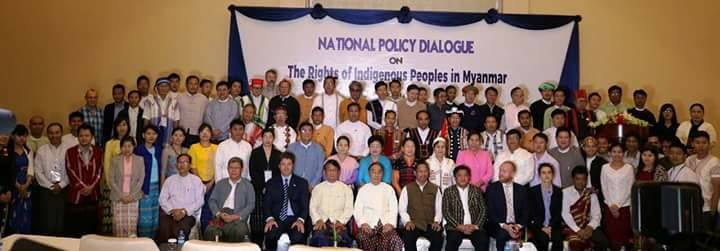
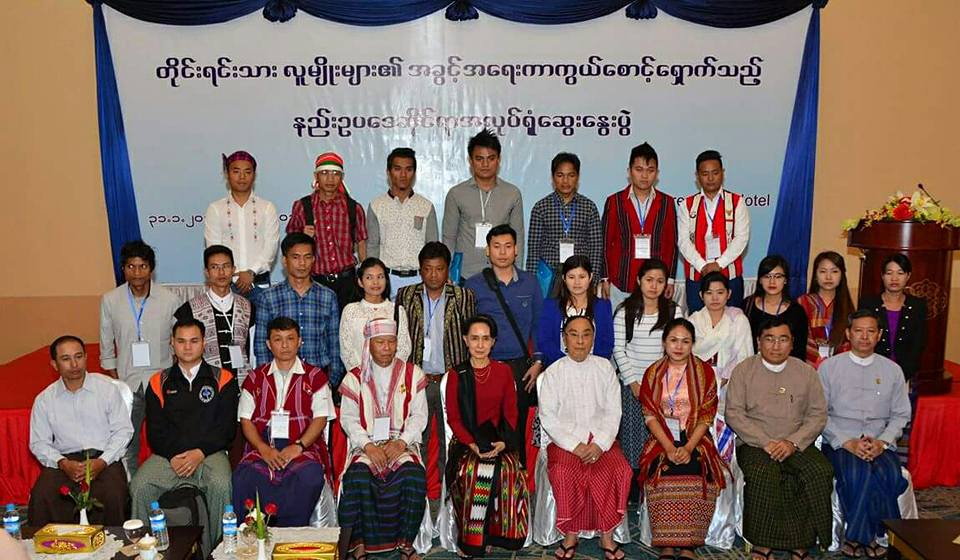
Recognizing that lasting change requires a strong foundation of educated and empowered youth, CHRO made a strategic decision to invest in the next generation by introducing human rights education as a soft entry point for long-term human rights work. At a time when the space for civil society engagement in Myanmar was limited, CHRO saw the opportunity to inspire and prepare young people to become future advocates for justice, laying the groundwork for sustained human rights efforts in the years to come.
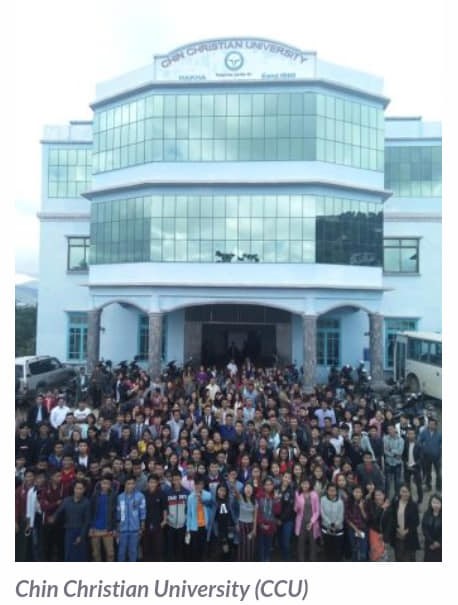
CHRO’s commitment to fostering the next generation of human rights advocates is exemplified by its human rights education initiative at the Chin Christian University (CCU). In a landmark move, CHRO signed a Memorandum of Understanding (MoU) with CCU, formalizing a partnership to deliver a dedicated human rights course for university students. This initiative, which ran for five years, equipped young people with a solid understanding of human rights principles, advocacy strategies, and international human rights frameworks. By integrating human rights education into higher learning, CHRO aimed to inspire and prepare Chin youth to become passionate advocates and defenders of justice, capable of driving positive change in their communities and beyond. This initiative has been crucial in cultivating a new generation of leaders committed to upholding human rights and social justice in Burma and the wider region.
This decade has seen CHRO’s advocacy efforts reach new heights. In 2018, CHRO was granted ECOSOC Special Consultative Status, giving the organization a crucial platform to amplify the voices of marginalized communities in Chin State on the global stage. With this accreditation, CHRO gained access to key UN forums, including the Human Rights Council, where it has been able to spotlight the growing crisis in Burma. In the same year, CHRO made remarkable strides in refugee advocacy. Through persistent efforts, CHRO successfully influenced UNHCR to reverse its decision to end international protection for the Chin people, a victory that was publicly acknowledged by UNHCR. This decision saved thousands of Chin refugees by allowing them to maintain their refugee status and continue receiving critical international protection.
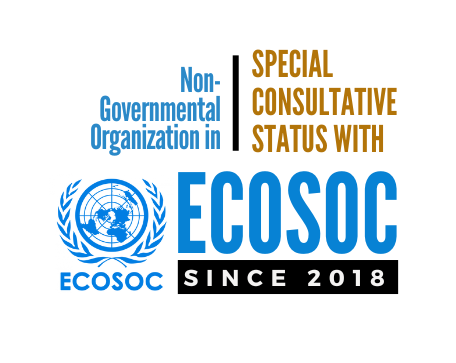
CHRO’s influence grew further in 2021 when its strategic advocacy convinced the UK to convene an emergency meeting of the UN Security Council, bringing global attention to the worsening human rights crisis in Burma. This milestone marked a significant moment in CHRO’s journey of amplifying the plight of the Chin people and other oppressed communities in Burma.
In the wake of Myanmar’s 2021 military coup, CHRO adapted to the escalating crisis by forming its Humanitarian Division. Recognizing the urgent needs of displaced Chin communities and the limits of advocacy alone, this new division allowed CHRO to provide essential relief while continuing its human rights mission. The shift reflected CHRO’s strategic responsiveness, balancing immediate humanitarian aid with long-term goals of justice and protection for the affected populations.
Beyond its advocacy, CHRO has been dedicated to empowering the next generation of leaders. Through mentorship programs and platforms, CHRO has nurtured Chin youth, many of whom have gone on to become influential figures in the human rights and political arenas. One such individual is Salai Mang Hre Lian, CHRO’s Human Rights Program Manager, who was recently honored with the U.S. Secretary of State’s Human Rights Defender Award. His recognition underscores CHRO’s commitment to fostering leaders who are devoted to justice and human rights.
